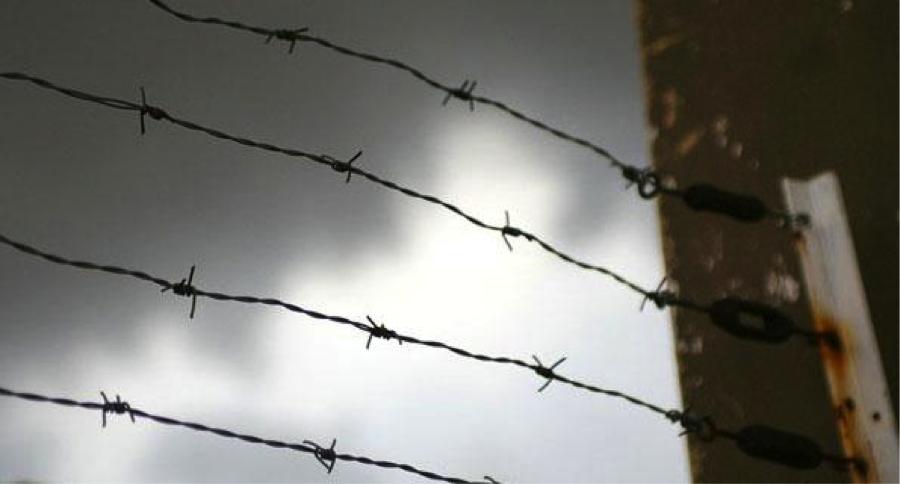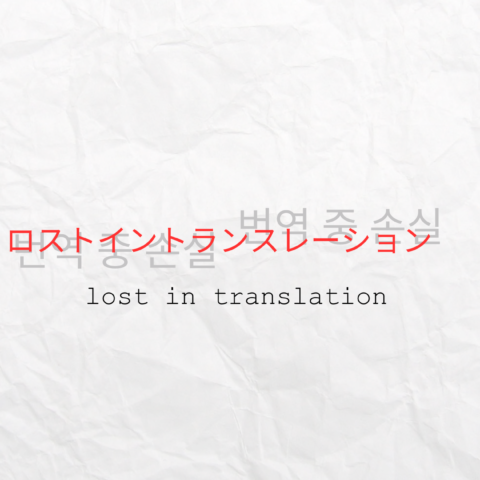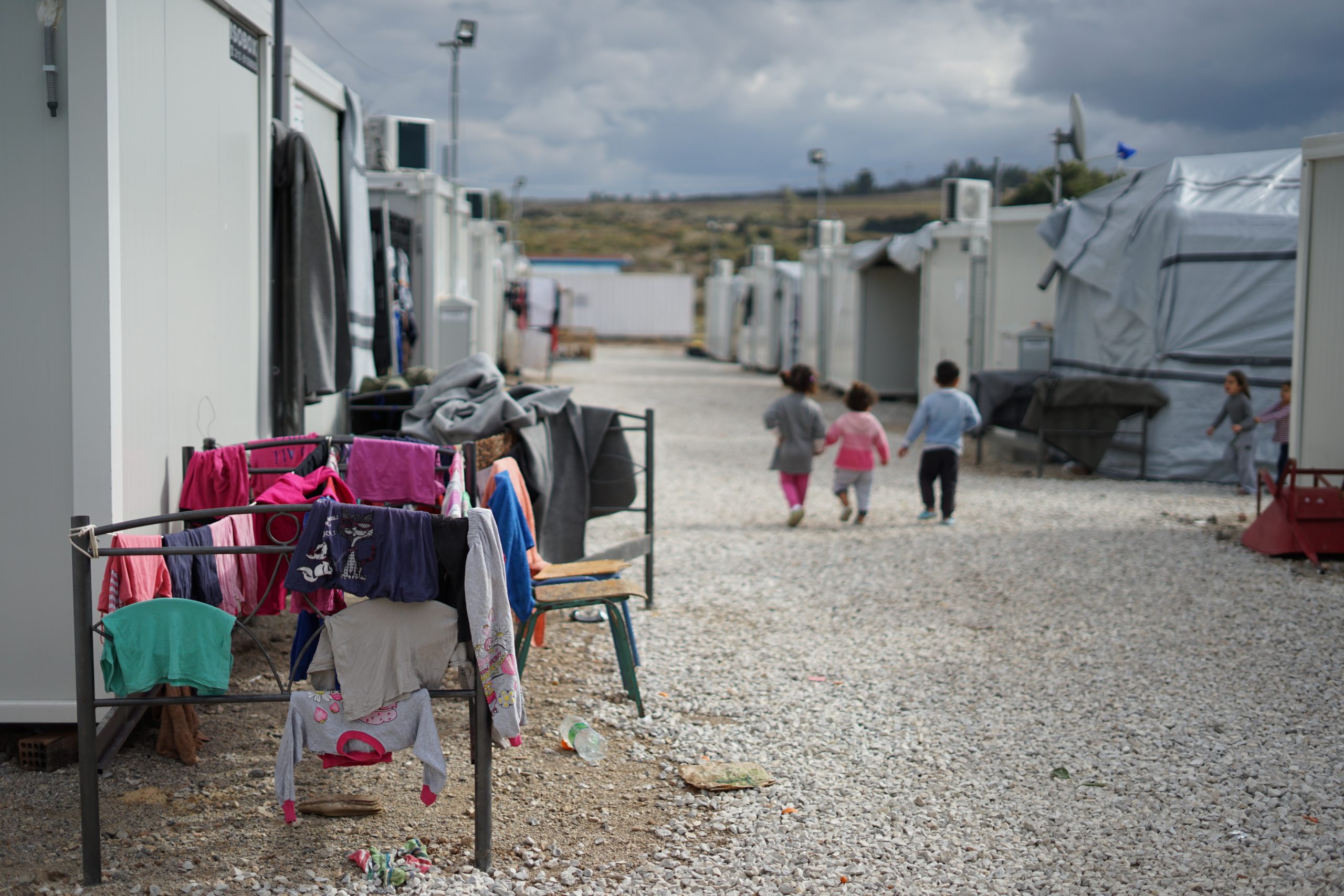By: Holly Boggs
As both sides of the U.S. political spectrum begin to stir over how the government should best protect its people from each other, the citizens of North Korea are stirring over how best to protect themselves from their own government. Reports from the highly isolated and mysterious land on the other side of the Demilitarized Zone depict a penal system that vaguely recalls scenes from the Nazi Germany death camps during World War II.
Shin Dong-hyuk, one of the few prisoners to ever escape one such camp and live to tell their story, recently interviewed with CBS News’ 60 Minutes and told of his experience being born and raised in the brutal conditions of the North Korean Labor Camps. According to Shin, the camps are like their own backwards society where children are taught to rat on their parents and peers, are beaten mercilessly (sometimes to death) by their teachers and classmates for hoarding a couple grains of rice, and are brought to the brink of starvation by being fed meager portions of gruel. His testimony also explains the camp protocol of executing people who plan to escape or who knew of a planned escape and did not report it, as well as murdering women that became pregnant without having been granted the rare permission to enter into an arranged marriage.
Another North Korean defector who now speaks about his experience in a labor camp, Jung Gwang Il, recalls having been tortured for ten months straight until he finally agreed with the government’s accusations. He was then subjected to three years at the Yodok concentration camp.
Aside from the testimonies of escaped prisoners, though, not much solid evidence can be linked to the accusations of the atrocious conditions of these camps. North Korea denies the existence of the Yodok concentration camp as well as the four other political labor camps supposedly operating in the country. North Korea’s firmly sealed borders and stringent control over foreign access to the nation make it impossible to know for sure whether or not the camps do indeed operate in the way they have been described.
There are those who believe that some South Korean human rights’ groups have ulterior motives for popularizing the stories of North Korean refugees. Depicting the North Korean regime as horrible human rights abusers would indeed increase legitimacy and domestic support for South Korean arms’ investment and military build-up. Global knowledge of the conditions of these camps is also based solely on a very small handful of people who have admittedly been brainwashed and suffered immense torture, so it is wise to question the validity of their accusations. Even Blaine Harden, the man who helped Shin Dong-hyuk write a biography of his experience in the camps, felt the need to add a disclaimer in his book Escape from Camp 14 because, in interviews, Shin Dong-hyuk himself admitted to having previously lied about certain events. Harden notes, “In writing this book, I have sometimes struggled to trust him.” He warns that the veracity of Shin’s claims should not be automatically assumed.
Though the details of camp conditions cannot be confirmed aside from testimonies of escaped prisoners and guards, satellite imagery has allowed the international community to pinpoint the exact locations and general details of the penal communities. These images have also allowed people to keep track of the recent expansion of these sites, which presumably draws from a desire to stem the flow of defectors and crack down on political opposition during the initial years of the reign of Kim Jong-Un.
Four months ago, Navi Pillay, the UN special reporter on human rights first raised a call to investigate possible Crimes Against Humanity in North Korean labor camps after interviewing two former inmates. Her request was granted in March as a UN Commission of Inquiry has officially been charged with a one-year investigation into the human rights abuses of the country. Though this investigation marks a small victory for the human rights groups that have fought to draw international attention to the issue, it is not likely to have much of an effect on the conduct of this country, considering its long history of being unwilling to yield to international pressure.
So, for now, while the United States government is reevaluating its stance on Article Two of the Bill of Rights, the North Korean government continues to neglect the rights of its people altogether. Though bitter arguments and political polarization may be the repercussions of the debates going on in the US Congress, they revolve around a basic and fundamental precept of the American Constitution which allows the citizens of the United States security from their own government.
Though so often taken for granted by U.S. citizens, this guarantee of security from one’s own government is a luxury forever denied to the people of North Korea.

